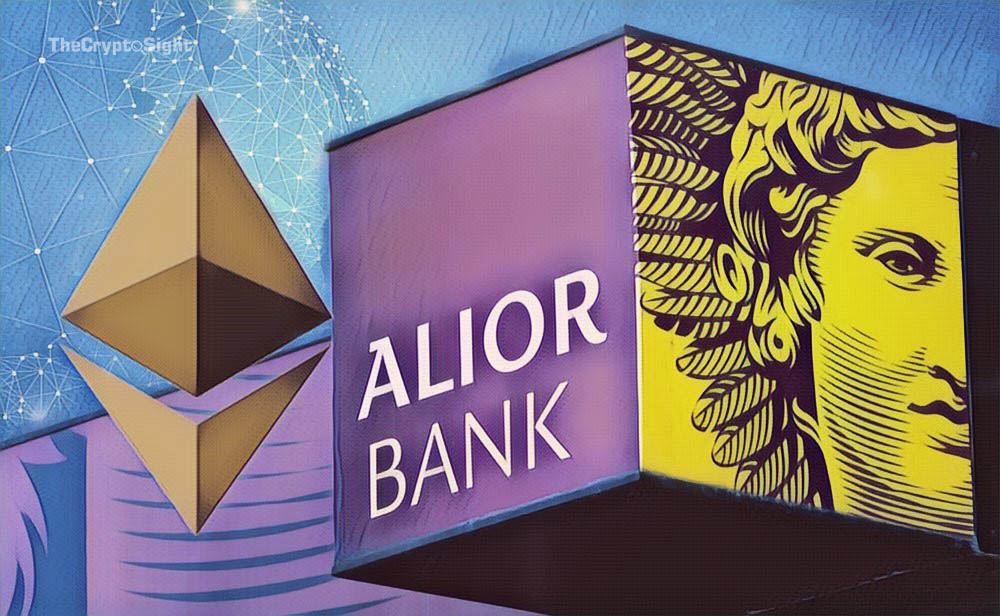
Warsaw-based Alior Bank has reportedly integrated the Ethereum blockchain into its system, primarily to provide authentication for the documents of its customers.
Reported by Forbes on June 17th, Alior clients can now get their document verified by going to a web address, which takes them to the place on the public blockchain. This enables customers to check whether such document was actually issued, with the identically correct wording, right when Alior claims.
“We know exactly in which block of Ethereum the document with a given hash is published. If we know the block number, we also know the timestamp […] We know that the document was published some time ago and hasn’t been changed in that time [if the hash stored on the blockchain is identical to the hash calculated from the document], so we can prove it hasn’t been replaced on our servers.”
Alior reportedly came up with the blockchain-based tool in an effort to adapt to the changes, made by the Polish government, to the current regulatory system. Specifically, in 2017, the Office of Competition and Consumer Protection announced that, web pages do not legally establish the required “durable medium” in the process of issuing new documents for clients. The problem was that websites are not suitable in terms of duration, due to its easily changeable nature.
Therefore, Alior has decided to utilize a blockchain tool, which issues documents via a medium with a more suitable duration. Furthermore, Alior believed that the bank’s use of a public blockchain for customer service is an unprecedented move.
“We want people to verify that we did everything right and we don’t conceal anything. If we say the documents are actually verified and authentic, everybody can check it and confirm […] That’s not possible using a private blockchain.” Tomasz Sienicki – head of the blockchain strategy at Alior further expressed.

Comments